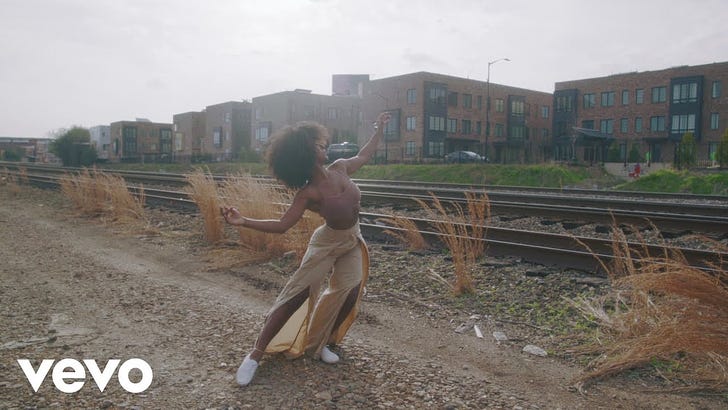Here’s something for you to digest
The benefits of play-based learning for all ages
Here’s a prompt to focus your reflection
It’s the end of term.
You’re sitting down after the last day of school and
you're feeling good !!!
Satisfied,
perhaps even
...
(proud?)Why?
What happened during the term, what skills did you draw on, that helped to create that feeling?
Close your eyes and imagine it.
Here’s something that made me think me this week
I’m reading a fantastic book by Rebecca Priestley called Fifteen Million Years in Antarctica.1 Part III starts with this quote from Donna Haraway.2
I am arguing for the view from a body, always a complex, contradictory, structuring, and structured body, versus the view from above, from nowhere, from simplicity.
Now, of course, my brain went: education!!!
I thought about the way the view from a body - that which is grounded in the classroom and the daily experience of the teacher and students - is valued much less than the view from above.
I thought about those times when I saw my students’ work at a higher level than external assessors because I saw more in it, thanks to me knowing more about them.
I wondered why education systems are so scared of the fine-grained understandings of those who are working ‘from the body’.
Why is the view from above prized so much? Why is that the one associated with rigour and validity?
Here’s a challenge for you
Write down what you imagined in the prompt.
Can you go one step further?
Commit to two things you will do to give what you imagined a shot at becoming reality.
Future directions?
I’m keen for paid subscribers to have a say in what the Smata Bulletin covers.
So, is there something - an idea, a theory, some research - that you would like the Smata Bulletin to explore?
Please reply to this email and let me know.
Taken from her journal article Situated Knowledges.



